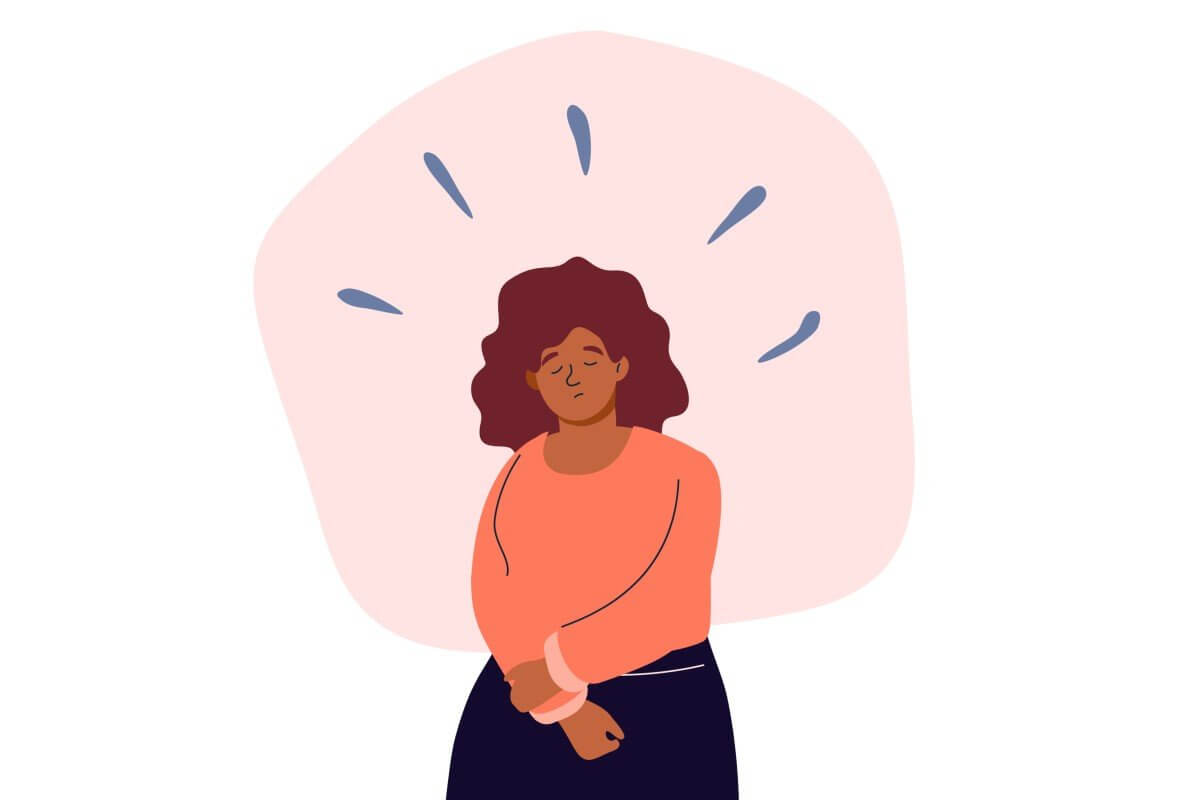The first time Hina experienced having her period, she felt a concoction of emotions - humiliation, panic, and confusion - wash over her. Hina, a 16-year-old girl hailing from one of the poorest districts in all of Pakistan, recalls rushing back home from school as her school uniform, a white set of shalwar-kameez, got stained in different shades of red. Upon her arrival, Hina’s mother, who normally wore a smile to greet her, had a look of disgust plastered across her face.
“She had told me not to touch anything around the house even though my hands were not stained - it made me feel like I was dirty,” she vividly remembers, “while handing me a thin layer of cloth to use as a pad, she instructed me to not go to school the next morning.” Hina felt as though her aspirations of becoming a doctor were being stripped away from her. “It was the most odd day of my life. For one, I didn’t know why I was bleeding - I thought I was struck by some rare disease and was going to die. No one at school or in my family dared to talk about menstrual health. They had labelled it as taboo.” Hina is one of many women who have been made to feel dirty because of a natural bodily process that is beyond their control.
Around the world, girls are less likely to graduate from secondary school than boys. In fact, according to UNESCO worldwide, 131 million girls are out of school — and 100 million of those are girls of high school age. And while there are many reasons for this, periods play a major role.
In some cases, girls simply don’t have access to sanitary products. In others, they face discrimination and stigma during their periods. In others still, they don’t have educational resources to inform them about safe, sanitary hygiene practices. Without access to proper education and resources, girls are often forced to stay home from school during their periods. This leads them to miss anywhere from 10-20% of school days. Sometimes, they drop out of school completely.
"Before awareness sessions, absenteeism was very high with 75% of the girls staying at home during their periods" says Ruqia Murtaza, the headteacher at The Government Elementary School in Bahawalpur, Pakistan.
Aside from this, young women often opt to use makeshift sanitary pads, made from materials such as rags, which raises a cause for concern. In many households, pads made from cotton obtained from old clothes are shared and re-used between many women, leading to a myriad of infections. Some mothers don’t allow their daughters to use commercial sanitary napkins because they believe they are laced with chemicals. On the other hand, girls who can afford and use commercial sanitary napkins, don't use the properly and leave them on for too long, putting themselves at risk of infection.

Credit picture: projectbaala.com
In an effort to dispel some of the myths clouding menstrual health in Pakistan, I partnered up with Project Baala, a non-profit organization that aims to raise awareness regarding menstrual well-being and make sanitary pads accessible and affordable to women. Baala’s pads are created to be reusable and eco-friendly, allowing women to safely use them for up to two years. Distributing these fast-absorbing pads has enabled women like Hina to keep their heads up and continue to chase after the dreams that they foster within their hearts.
Discussing and educating people – men, women, girls and boys – about menstrual hygiene and dismissing the taboos associated with it, in a patriarchal society, is an up-hill battle. However, if individuals and organizations adamantly work together to demystify this phenomenon, we can work to create ripples of change that will, hopefully, trickle down into the coming generations.
Credit main picture: yoppie.com
Written by Manahil Naveed





